Uncategorized
-
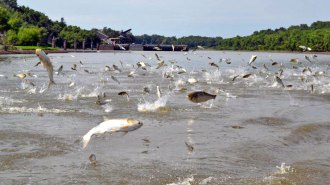 Life
LifeA mussel poop diet could fuel invasive carp’s spread across Lake Michigan
Asian carp, just a human-made waterway away from reaching Lake Michigan, could live in much more of the lake than previously thought.
-
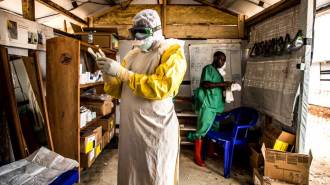 Health & Medicine
Health & MedicineTwo of four Ebola treatments prove highly effective in a clinical trial
An Ebola field trial is shifting its focus toward two treatments that have been shown to be highly effective at preventing death in Congo, according to preliminary data.
-
 Humans
HumansEven without concussions, just one football season may damage players’ brains
A group of college football players underwent brain scans after a season of play. The results suggest the sport could impact neural signaling.
-
 Neuroscience
NeurosciencePlants don’t have feelings and aren’t conscious, a biologist argues
The rise of the field of “plant neurobiology” has this scientist and his colleagues pushing back.
-
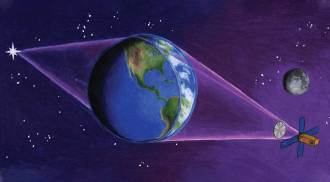 Space
SpaceA proposed space telescope would use Earth’s atmosphere as a lens
One astronomer has a bold solution to the high cost of building big telescopes.
-
 Humans
HumansAre researchers asking the right questions to prevent mass shootings?
Understanding how to thwart these violent events may be more effective than analyzing perpetrators’ backgrounds.
By Bruce Bower -
 Physics
PhysicsExploding stars scattered traces of iron over Antarctic snow
Researchers melted half a ton of snow to find just 10 atoms of a radioactive variety of iron.
-
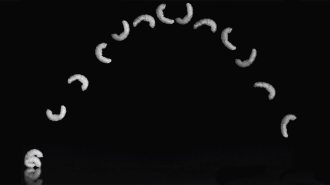 Life
LifeHow these tiny insect larvae leap without legs
High-speed filming reveals how a blob of an insect can leap more efficiently than it crawls.
By Susan Milius -
 Earth
EarthThe worst wildfires can send smoke high enough to affect the ozone layer
Pyrocumulonimbus clouds can send soot and other damaging particles 23 kilometers into the air
By Megan Sever -
 Physics
Physics50 years ago, Fermilab turned to bubbles
The National Accelerator Laboratory, now called Fermilab, used to have a bubble chamber to study particles. Today, most bubble chambers have gone flat.
-
 Earth
EarthOne in 4 people lives in places at high risk of running out of water
An update to the Aqueduct Water Risk Atlas reveals that 17 countries withdraw more than 80 percent of water available yearly.
-
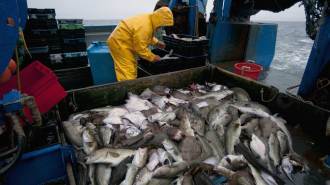 Climate
ClimateMercury levels in fish are rising despite reduced emissions
Climate change and overfishing can increase how much mercury accumulates in fish, counteracting efforts to reduce human-caused emissions.